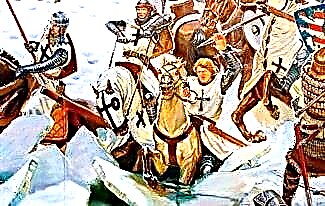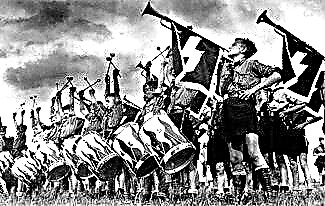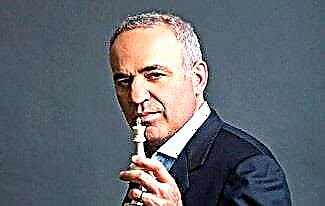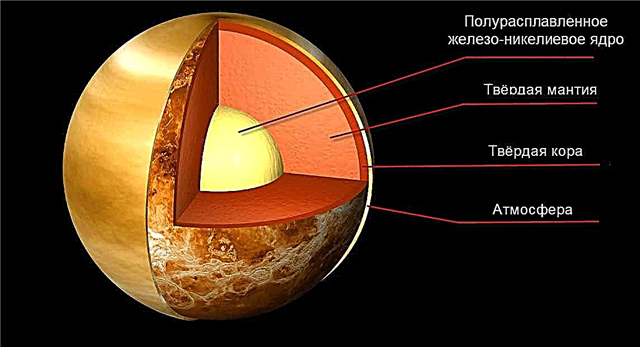Martin Heidegger (1889-1976) - German thinker, one of the greatest philosophers of the 20th century. He is one of the most prominent representatives of German existentialism.
There are many interesting facts in Heidegger's biography, which we will talk about in this article.
So, here is a short biography of Martin Heidegger.

Biography of Heidegger
Martin Heidegger was born on September 26, 1889 in the German city of Messkirche. He grew up and was raised in a Catholic family with a modest income. His father was a lower priest in the church, while his mother was a peasant.
Childhood and youth
In his childhood, Martin studied at the gymnasiums. As a child, he served at the church. In his youth, he settled in the episcopal seminary in Freiburg, intending to take monastic vows and join the Jesuit order.
However, due to heart problems, Heidegger had to leave the monastery. At the age of 20, he becomes a student at the theological faculty at the University of Freiburg. After a couple of years, he decides to transfer to the Faculty of Philosophy.
After graduation, Martin managed to defend 2 dissertations on the topics "The doctrine of judgment in psychologism" and "The doctrine of Duns Scott on categories and meaning." It is worth noting that due to poor health, he did not serve in the army.
In 1915 Heidegger worked as assistant professor at the University of Freiburg in the department of theology. During this period of his biography, he lectured. By that time, he had already lost interest in the ideas of Catholicism and Christian philosophy. In the early 1920s, he continued to work at the University of Marburg.
Philosophy
The philosophical views of Martin Heidegger began to take shape under the influence of the ideas of Edmund Husserl. The first fame came to him in 1927, after the publication of the first academic treatise "Being and Time".
An interesting fact is that today it is "Being and Time" that is considered Heidegger's main work. Moreover, this book is now recognized as one of the most iconic works of the 20th century in continental philosophy. In it, the author reflected on the concept of being.
The fundamental term in Martin's philosophy is "Dasein", which describes the existence of a person in the world. It can be viewed only in the prism of experiences, but not cognition. Besides this, "Dasein" cannot be explained in a rational way.
Since being is stored in language, a universal method of understanding it is needed. This led to the fact that Heidegger developed the course of ontological hermeneutics, which allows one to cognize being intuitively, as well as to reveal its mysterious content, without resorting to analysis and reflection.
Martin Heidegger reflected on metaphysics, in many respects guided by the philosophy of Nietzsche. Over time, he even wrote a book in his honor, Nietzsche and the Void. In the following years of his biography, he continued to publish new works, including Detachment, Hegel's Phenomenology of Spirit, and The Question of Technique.

In these and other works, Heidegger detailed his reflections on a particular philosophical problem. When the Nazis came to power in the early 1930s, he welcomed their ideology. As a result, in the spring of 1933, a man joined the ranks of the NSDAP.
It is noteworthy that Martin was in the party until the end of World War II (1939-1945). As a result, he became an anti-Semite, as evidenced by his personal records.
It is known that the scientist refused material support to Jewish students, and also did not appear at the funeral of his mentor Husserl, who was a Jew by nationality. After the end of the war, he was removed from teaching until 1951.
After being reinstated as a professor, Heidegger wrote many more works, including "Forest paths", "Identity and difference", "Towards language", "What is thinking?" other.
Personal life
At the age of 27, Martin married his student Elfriede Petrie, who was a Lutheran. In this marriage, the couple had a son, Jörg. Heidegger's biographers claim that he was in a romantic relationship with his wife's girlfriend, Elizabeth Blochmann, and with his student Hannah Arendt.
Death
Martin Heidegger died on May 26, 1976 at the age of 86. Poor health was the cause of his death.
Heidegger Photos
















